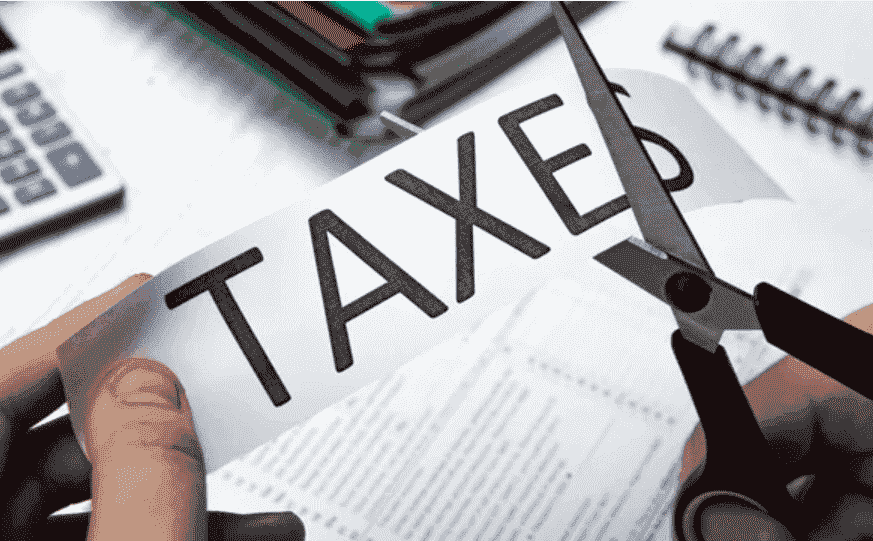
The federal government is facing a debt ceiling issue, although many local states have extra cash in the form of emergency funds, prompting 27 states to plan tax cuts.
There have been two consecutive years of widespread budget surpluses, according to the National Association of State Budget Officers, due to recent state policy initiatives to build their reserves, including billions in federal help due to the pandemic.
Tax Cuts Fever
In 2020, reserves totaled $70 billion; by 2023, they are expected to nearly treble to $136 billion.
According to the Institute on Taxation and Economic Policy (ITEP), many states are currently experiencing tax cut fever and are considering offering property tax cuts and rebate checks, reducing the amount of income taxes paid, and, in the cases of Mississippi and Arkansas, completely eliminating the state income tax.
State legislators have stated a variety of grounds for the move, including the desire to make their states more economically competitive with others, to promote economic growth, and to aid those battling inflation.
Having no state taxes would be particularly advantageous for Mississippi and Arkansas to recruit enterprises and new people.
Read more: Social Security payments: Here’s when you can expect your February check!

27 States Urge Tax Reductions
Noting that the majority of the incentive would go to the highest earners in the 27 states, while low- and middle-income people would continue to struggle.
Moreover, analysts told CBS that the timing is troubling. What happens if the United States suffers a full-scale recession, despite the fact that states now have budget surpluses?
- Idaho — $120 million in property tax relief.
- Arkansas — total elimination of the state’s individual income tax.
- Indiana — lowering the percentage owed on individual taxes, as well as property tax cuts.
- Colorado — $200 million in property tax relief.
- Connecticut — lowering the percentage owed on individual taxes.
- Georgia — $1 billion in inflation relief payments and another $1 billion in property tax relief.
- New Mexico — $750 tax rebate checks to residents.
- Iowa — a flat income tax rate of 3.9% and lower property taxes.
- Kentucky — bringing the flat income tax down from 5% to 4% by next year.
- Louisiana — adjustments to property and sales taxes, have weighed eliminating the income tax.
- Michigan — $180 tax rebate to all state filers, removing a retirement tax, expanding their matching of the federal Earned Income credit.
- Nebraska — cutting down income tax rates and eliminating all Social Security income from taxation.
- Minnesota — eliminating Social Security tax.
- Mississippi — total elimination of the state’s individual income tax.
- Missouri — reducing income taxes as well as sales and property taxes.
- Kansas — either flat income taxes or reduced sales taxes and fewer income taxes on Social Security.
- Montana — $1,250 or more in tax rebate checks to residents, plus $500 checks for homeowners.
- Wisconsin — either introducing a flat tax rate or reduced taxes owed to middle-class earners.
- North Carolina — reducing the individual income tax rate.
- North Dakota — totally eliminating individual income tax for low- and middle-income earners.
- Ohio — moving from a graduate to flat income tax.
- Oklahoma — reducing state grocery taxes and individual income tax rates.
- Utah — tax rebate checks of $100 or more to residents and reduce the income tax rate.
- Vermont — a nixing tax on veteran pensions and more tax exemptions for Social Security.
- Virginia — reducing individual tax rates.
- West Virginia — cutting individual tax rates by 50% over the next three years.
- South Carolina — fast-tracking tax cuts that reduce the rate owed and changes to brackets.
Read more: Tax refund update: Is your inflation relief check taxable?

